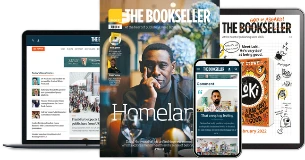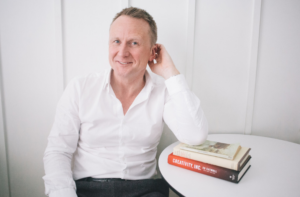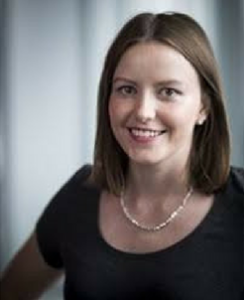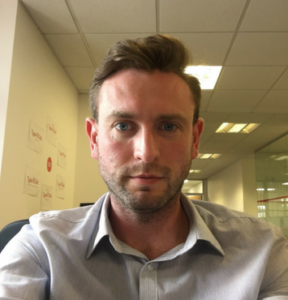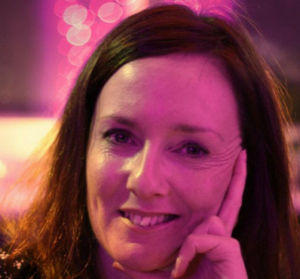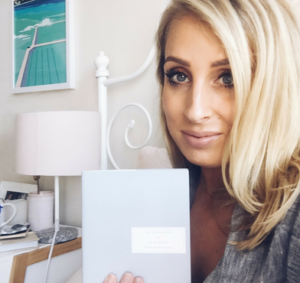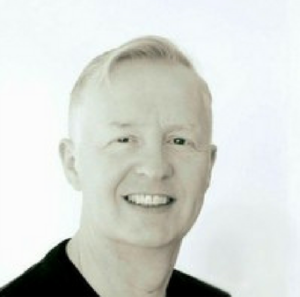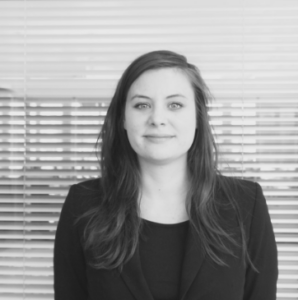Many different jobs in publishing go beyond simply writing and publishing books. Behind the scenes, there are a whole host of individuals working to create fictional and non-fictional magic, some of which you might not have considered. Today, we’re going to talk about five different types of jobs in the publishing world, what they entail and what skills you might need.
Marketing jobs
Marketing plays a key role in the sales and success of a book. Individuals in marketing roles in this industry are often responsible for planning the marketing campaigns for a book launch, creating promotional material, including physical and digital, and sending out proof copies to influencers. They might also attend book fairs, send out targeted emails, manage online ads and create budgets for projects.
Marketing is one of the jobs in publishing that requires not only creativity but also the ability to think analytically and plan with strategy in mind.
Discover marketing jobs in publishing.
Design jobs
Another creative job in publishing is the role of designer. A graphic designer in this industry will play a key part in the design of covers, hardback jackets, special editions of books and the way a book is laid out. They may also work alongside a marketing team in a publishing house to produce graphics for advertising campaigns and social media.
To work within design in publishing, you should have experience with popular design software, have a creative mind and be able to take on feedback and execute changes when necessary.
Discover design jobs in publishing.
Production jobs
People who work in production jobs in publishing are responsible for putting all the pieces together to produce the final product. This will include collating the designs, formulating the typeset, organising and overseeing the printing and binding of the book and more.
To work in production, it’s helpful to have good communication skills and to be good at sticking to deadlines, as well as having excellent proofreading abilities.
Discover production jobs in publishing.
Sales jobs
Within the publishing industry, a sales job requires the individual to sell books and other written materials to organisations and other businesses. They will be responsible for communicating and selling to bookshops, liaising with clients, attending book fairs, promoting exciting projects to their clients, talking to clients over the phone and via email, and more.
Those who work within sales often have approachable and confident personalities. Sales jobs in publishing are best suited to those who enjoy communicating with people face to face as well as over the phone, and who are passionate about the books they’re trying to sell.
Discover sales jobs in publishing.
Editorial jobs
Working in editorial usually means you’re involved in most parts of the publishing process, from the seed of an idea to the commissioning of the book. Your day-to-day responsibilities will depend on your exact job title. Editorial professionals often liaise with all departments, proofread content and manage projects.
An editorial assistant role is often a perfect starting point for those wanting to get into the publishing industry. If you’re looking for an editorial job you need to have excellent communication skills, be a confident collaborator and a skilled multitasker.
Discover editorial jobs in publishing.
How to find jobs in publishing
Are you looking for jobs in publishing? On Jobs in Books, we have a wide range of roles from all different sectors of the industry, including the five mentioned in this blog.
Register for free on Jobs in Books today to set up email alerts and follow us on X, BlueSky and LinkedIn so you don’t miss the latest opportunities.
